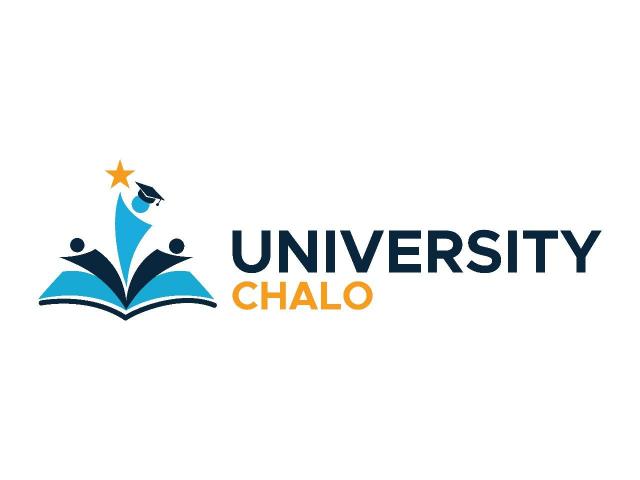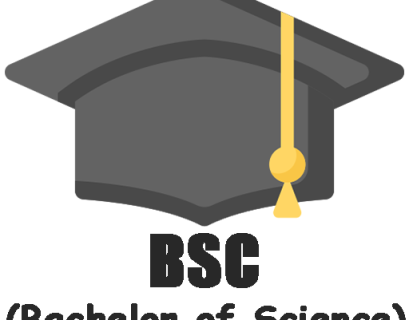Introduction
The BSc full form, Bachelor of Science, is a versatile undergraduate degree that prepares students for various career paths and advanced studies. However, excelling in a BSc program goes beyond mastering academic content—it involves building essential skills that enhance learning, problem-solving, and career readiness.
In this article, we’ll delve into the key skills you should focus on during your BSc program, why they matter, and how they can shape your future.
Why Skill Development Matters in a BSc Program
The job market is increasingly competitive, and employers seek candidates with a blend of technical knowledge and transferable skills. A BSc program provides an excellent foundation to develop these skills, preparing you for diverse opportunities in fields like research, industry, and higher education.
Core Skills to Develop During a BSc Program
1. Critical Thinking and Problem-Solving
Critical thinking is the ability to analyze situations, evaluate evidence, and make reasoned decisions. BSc programs emphasize these skills through experiments, case studies, and research projects.
How to Develop:
- Engage actively in lab work and group discussions.
- Practice solving real-world problems using theoretical knowledge.
- Participate in research internships to tackle complex challenges.
2. Research and Analytical Skills
Research forms the backbone of many BSc disciplines. Analytical skills help you interpret data and draw meaningful conclusions.
How to Develop:
- Learn to use research tools and statistical software like SPSS, R, or Python.
- Work on small research projects or assist professors with their research.
- Read scientific journals to understand methodologies and trends in your field.
3. Time Management
Balancing coursework, lab work, and extracurricular activities can be overwhelming. Effective time management ensures you meet deadlines and maintain academic performance.
How to Develop:
- Use planners or apps to organize tasks.
- Prioritize assignments based on deadlines and complexity.
- Set realistic goals and break them into manageable steps.
4. Communication Skills
Both written and verbal communication are essential in conveying scientific findings, collaborating with peers, or presenting ideas.
How to Develop:
- Write research papers or lab reports regularly.
- Participate in seminars, debates, and group discussions.
- Practice public speaking to build confidence.
5. Teamwork and Collaboration
Most scientific advancements result from collaborative efforts. Learning to work effectively with others is crucial.
How to Develop:
- Join group projects or study groups.
- Engage in extracurricular activities that require teamwork.
- Volunteer for community science initiatives or clubs.
6. Technical and Digital Skills
Modern science relies heavily on technology. Familiarity with relevant tools and software can give you a competitive edge.
How to Develop:
- Enroll in workshops for software like MATLAB, AutoCAD, or GIS, depending on your field.
- Gain basic coding skills, as they are increasingly important across disciplines.
- Use online resources like Coursera or edX to learn specialized tools.
7. Adaptability and Resilience
Science often involves trial and error, and setbacks are common. Cultivating adaptability ensures you can navigate challenges effectively.
How to Develop:
- Learn from failed experiments or mistakes without losing motivation.
- Seek feedback from professors and peers to improve.
- Stay curious and open to learning new concepts or methods.
8. Ethical and Environmental Awareness
Scientific work often impacts society and the environment. Ethical considerations and sustainability should be at the forefront of your learning.
How to Develop:
- Take courses on ethics in science or sustainability.
- Participate in projects related to conservation or community development.
- Stay informed about global scientific challenges, like climate change.
FAQs About BSc Programs
1. What is the BSc full form, and how does it differ from other degrees?
The BSc full form is Bachelor of Science, focusing on science and technical subjects. Unlike arts or commerce degrees, a BSc emphasizes analytical and practical learning.
2. How do I choose the right specialization in a BSc program?
Consider your interests, career goals, and aptitude for certain subjects. Research the scope and demand for each specialization.
3. Can I develop transferable skills during my BSc program?
Yes, skills like critical thinking, communication, and teamwork are integral parts of a BSc curriculum and are highly valued in any career.
4. Is a BSc program only for students pursuing science-related careers?
Not necessarily. The skills gained in a BSc program are versatile and can be applied to careers in management, education, and more.
The Role of Internships in Skill Development
Internships provide a platform to apply theoretical knowledge in real-world settings. Whether it’s a research internship at a university or a project in an industrial setup, these experiences are invaluable for honing skills like problem-solving, communication, and technical expertise.
Tips for Maximizing Your BSc Experience
- Be Proactive: Don’t wait for opportunities—seek them out. Join clubs, attend workshops, and network with peers and professionals.
- Stay Curious: Science is about exploration. Always ask questions and seek answers beyond your textbooks.
- Embrace Lifelong Learning: The skills you develop during your BSc are stepping stones. Continue learning to stay ahead in your field.
Conclusion
A BSc program is not just about earning a degree; it’s about equipping yourself with skills that define your professional and personal growth. From critical thinking to ethical awareness, the skills you cultivate will shape your career and contributions to society.
Whether you pursue advanced studies or step into the job market, these skills will serve as a solid foundation for success. Take charge of your BSc journey, and use it as a platform to achieve excellence.










